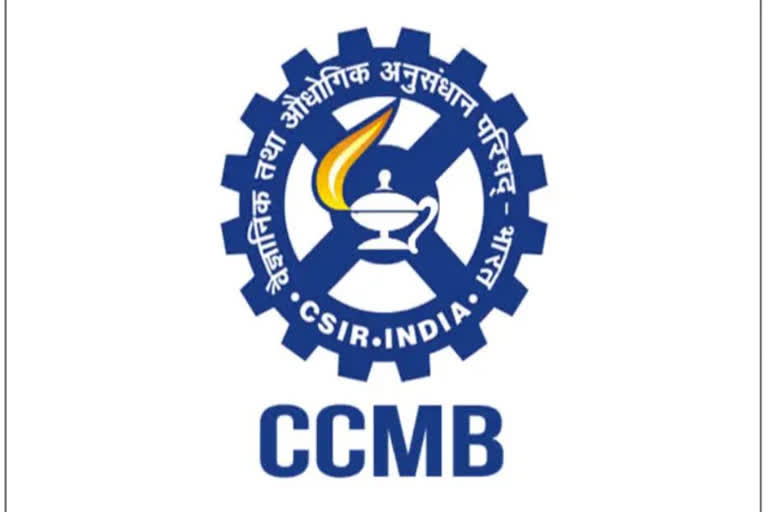Hyderabad: Scientists at CSIR-Centre for Cellular and Molecular Biology (CCMB) here have identified eight genes that were not known earlier for their role in human male fertility. Approximately, one out of every seven couples is infertile worldwide and male infertility accounts for about 50 per cent of these cases. The cases range from defects in the male reproductive system, deficiencies in semen quality, and hormonal imbalance.
Dr K Thangaraj's group at the CCMB has been researching to understand the genetic causes of male infertility for the last two decades. They have shown earlier that about 38 per cent of males with infertility have specific regions missing or abnormalities in their Y chromosomes or mutations in their mitochondrial and autosomal genes, a press release from CCMB said on Wednesday.
Dr Thangaraj, lead investigator of this study and presently Director of the DBT-Centre for DNA Fingerprinting and Diagnostics said, We identified a total of eight genes (BRDT, CETN1, CATSPERD, GMCL1, SPATA6, TSSK4, TSKS and ZNF318), that were not known earlier for their role in human male fertility. He further said they have identified variations (mutations) in these genes that cause impaired sperm production leading to male infertility.
The researchers have characterised a mutation in one of the eight genes, Centrin 1 (CETN1), to understand how the mutation affects sperm production. They demonstrated the impact of CETN1 mutation in cellular models and found that the mutation arrests cell division, causing insufficient sperm production. This study should be a reminder to society that half of the infertility cases are due to problems in men and many of them are due to genes that come from the parents, often mothers, of these men.
It is wrong to assume a couple cannot bear children because of only the woman's fertility, Dr Thangaraj added. Dr Vinay Kumar Nandicoori, Director, CCMB said, the genetic causes established in this study could be used as potential diagnostic markers for male infertility, and the development of improved management strategies for male infertility.
We first sequenced all the essential regions of all genes (around 30,000) using next-generation sequencing in 47 well-characterized infertile men. We then validated the identified genetic changes in about 1500 infertile men from different parts of India, Dr Sudhakar Digumarthi, lead author of the study said. (PTI)



